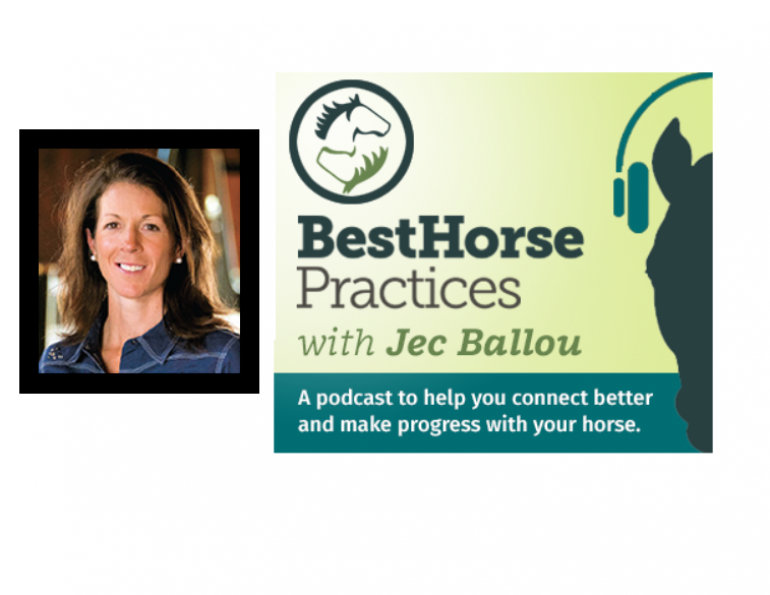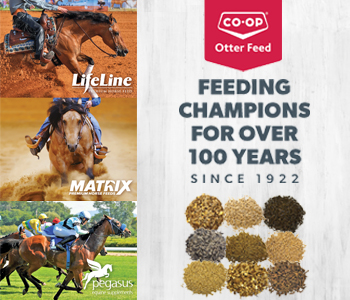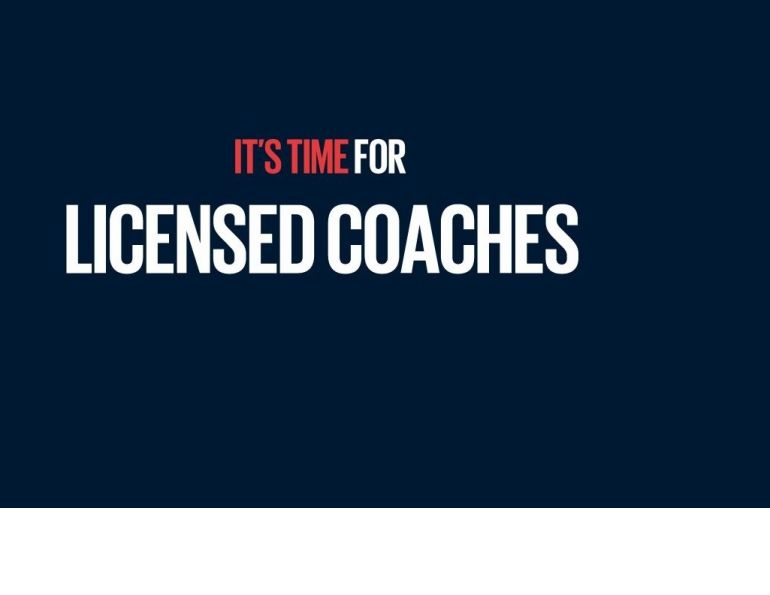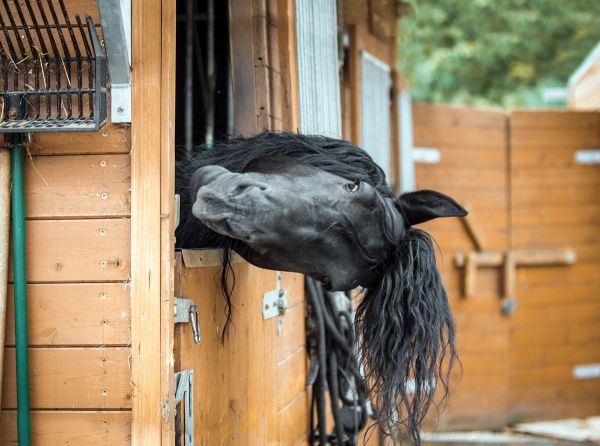Focus on Professionalism and Standards
By Margaret Evans
On October 27, the University of Guelph held its third annual Equine Industry Symposium in which horse enthusiasts from all backgrounds in the industry set their sights on issues in our highly diverse $19 billion industry. The symposium was organized by Equine Management students in the Bachelor of Bio-Resource Management degree at the University of Guelph, and they chose professionalism and standards as the focus of a community-wide discussion for the day-long event.
The event was packed with speakers who shared their expertise in satellite topics around the core theme. Catherina Geci, Business Development Manager, University of Ottawa, spoke on the importance of professionalism in building connections and partnerships. In the University of Guelph’s Horse Portal discussion groups, comments echoed the central need for professionalism and the formal qualifications of those who are interacting with the public and delivering services representative of the equine community. Everyone, it seems, needs to play a major role in establishing professional standards representative of a sports industry.
Dr. Kendra Coulter, Professor of Labour Studies at Brock University, reported on her recently released study on horse farm employers and employees in Ontario that showed 50 percent of stable workers earned minimum wage or less, and almost half were improperly classified as independent contractors and so were not protected by the Employee Standards Act. There are indeed endless examples of workers putting themselves at risk – leading out multiple horses, working through illness and injury, carrying too-heavy feed bags, stacking 100-lb hay bales improperly with no supervision. Often, they don’t complain because of fear of losing their jobs. Yes, that scenario is duplicated across many industries, but in the horse industry the third factor in the equation is the horse itself that can do major damage in a nanosecond.
Pam Coburn from Ontario Equestrian outlined four gaps she sees in the industry including the need to better understand horses’ needs, athlete and coach development, competition opportunities in which riders must prove their skills at basic levels before moving to higher levels, and sport fragmentation with a need for all components to come together.

Main Photo: courtesy of Equine Guelph
Coburn’s wisdom is often mirrored in the concerns of parents whose children dearly want to ride. Reliable coaching, and their child’s safety on a horse that many parents don’t understand, underscore anxieties about the sport’s dangers. And at the other end of the scale, we’ve seen young riders move upwards in competition levels before being ready because of impatient parents and coaches wanting the youth to excel.
Elite dressage rider, Diane Creech, compared coaching certification processes between Germany and Canada, explaining that German processes are more rigorous and standardized. Len Kahn, Kahntact Marketing, outlined the importance – and pitfalls – of branding and the marketing game, comparing personal experiences to an equestrian company’s bank account by adding or taking away from the public relations’ balance.
And, Cally Merritt, Ontario Association of Veterinary Technicians, stressed not only the importance of standards but referenced the dangers in an industry where certification is not mandatory. Veterinary work itself comes with the threat of injury when dealing with a sick or lame horse, with risk to both the veterinarian and the handler.
It was surprising to learn that, according to Akaash Maharaj, former CEO of Equine Canada who facilitated the Symposium, our equine industry is larger than the dairy sector. He said that all industry attendees agreed that the industry’s lack of unity, regulation, and standardization limits its impact. This challenges those wanting to seek out the best trainers, coaches, and horse care professionals.
Pulling it all together was co-facilitator Tim Nelson, CEO of Livestock Research Innovation Corporation and Executive Director of PigGen Canada (a swine genetics company), who challenged everyone to create standardized job descriptions, consolidate horse organizations to pool strength for a unified voice, identify champions as industry leaders, identify exemplary employers as role models, identify funding opportunities, and come together with a unified voice to meet with government officials to profile and raise awareness of Canada’s equine industry.
This unified voice should be collectively raised not only at the Equestrian Canada level, but at all provincial levels where divisions of the horse industry are seldom heard.
The Symposium was a great start to opportunities for a safer, more professional, and more productive industry.
If you weren’t able to attend this years’ symposium, catch up on the discussion and participate in ongoing discussions at www.HorsePortal.ca – the Equine Industry Symposium under the Conferences tab. Register for free using the coupon code EISforum2018.
Main photo: Discussions at the 2018 Equine Industry Symposium, facilitated by Akaash Maharaj and Tim Nelson. Photo: T. Wideman




























